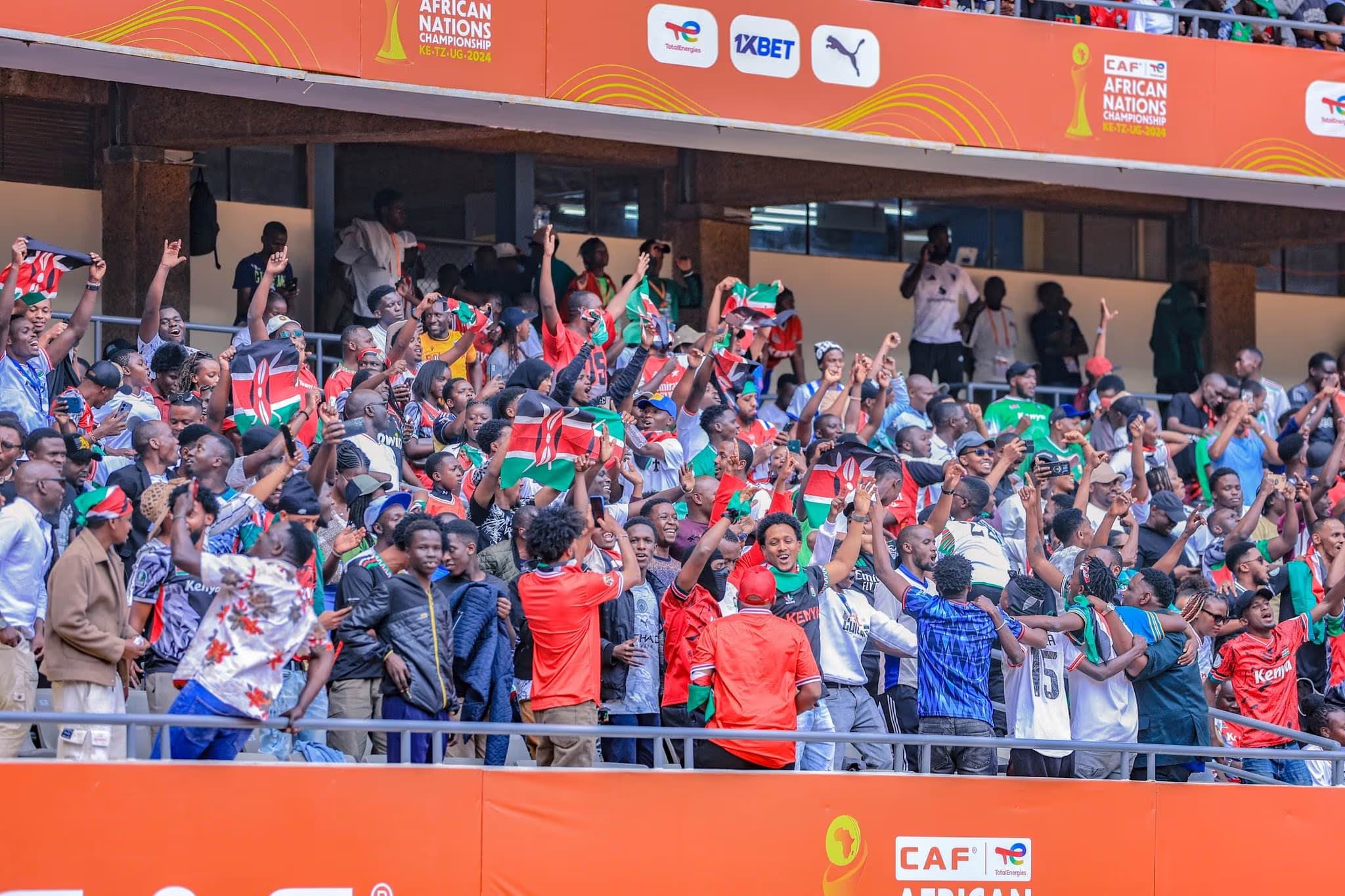We're loading the full news article for you. This includes the article content, images, author information, and related articles.
As the 2025/2026 season begins, Kenya's premier rugby league once again lacks a title sponsor, placing clubs under severe financial strain and raising critical questions about the Kenya Rugby Union's governance and commercial strategy.

The 2025/2026 Kenya Cup, the nation's top-flight rugby competition, commenced this Saturday, November 22, 2025, under a cloud of persistent financial uncertainty. For the umpteenth season, the league has failed to secure a headline sponsor, a situation that continues to stifle the growth of the sport and places immense operational pressure on participating clubs. [3] This long-standing issue has become a troubling hallmark of a league celebrating its 55th anniversary, prompting difficult questions for the Kenya Rugby Union (KRU), the sport's governing body.
The league's financial model has been characterized by a reliance on short-term, partial sponsorships, often materializing only for the crucial final stages of the competition. For instance, during the previous season, Kenya Breweries Limited (KBL), through its Tusker brand, injected KSh 10 million to support the semi-finals and final. [4, 6, 7] While this support was welcomed by the KRU, the prize money distribution highlighted the modest financial rewards, with the league winner receiving just KSh 300,000. [5, 10] This ad-hoc approach is not new. In the 2018/2019 season, a KSh 2 million deal with Radio Africa saw the winner pocket KSh 1 million. [3] These intermittent cash injections, while helpful, fail to provide the season-long financial stability that clubs desperately need to cover expenses such as player salaries, transport, and medical costs.
Multiple stakeholders and sports analysts point towards deep-seated governance issues within the KRU as a primary deterrent for potential corporate partners. [2] Allegations of boardroom wrangles, a lack of financial transparency, and questionable accountability have plagued the union for years. [11, 28] In April 2024, then-KRU chairman Sasha Mutai publicly stated there was no prize money for the 2023/2024 champions, Kabras Sugar, directly attributing the failure to attract partners to "internal problems" at the union. [11] These issues have not abated. In July 2025, a coalition of affiliate clubs known as the "Rugby Reforms Caucus" publicly demanded access to the KRU's financial records, accusing the leadership of stonewalling legitimate oversight and failing to honour constitutional obligations. [15, 16, 20] Furthermore, the union has faced legal challenges, including a lawsuit over a defaulted loan of approximately KSh 38.7 million taken in 2022 to support the national team's World Cup qualifiers. [13] Such public disputes and financial mismanagement make it exceedingly difficult to build the corporate trust necessary for long-term sponsorship deals.
The direct consequence of this sponsorship drought is the severe financial distress experienced by the clubs, the very bedrock of the league. Without a central sponsorship fund to subsidize their operations, many teams struggle to survive. [12] This has led to a widening gap between a few well-funded clubs, such as KCB (backed by KCB Bank) and Kabras Sugar (supported by West Kenya Sugar Company), and the rest of the league. [12] The financial strain has contributed to the decline and relegation of storied clubs with rich histories, including Impala RFC, Nondescripts, and, most recently, Mwamba RFC, the country's first indigenous rugby club. [2, 30] Club officials have voiced their frustration, with Kabras Sugar chairman Edwin Esilaba stating the KRU needs a "different approach to marketing the league," while KCB chairman Simon Mugo noted that sponsors "struggle to understand what Kenya Cup is all about." [3] The situation forces clubs to seek their own individual sponsorships, as seen with Kisumu RFC securing a modest KSh 3 million package from local businesses for the current season—a commendable but insufficient solution to a league-wide problem. [8]
As the global sports sponsorship market is projected to grow, reaching over $70 billion in 2025, Kenyan rugby's inability to attract investment stands in stark contrast. [17, 25] The consensus among coaches, club officials, and former sponsors is that fundamental change is required. [2, 12] A clear, ambitious, and professionally executed marketing strategy is needed to package the Kenya Cup as a commercially viable product. [2] However, any commercial effort must be preceded by significant governance reforms within the KRU to restore credibility and accountability. Until the union puts its house in order, the Kenya Cup is likely to remain a league running on passion and the sheer resilience of its clubs, perpetually waiting for a financial lifeline that remains just out of reach. [11, 28]
Keep the conversation in one place—threads here stay linked to the story and in the forums.
Sign in to start a discussion
Start a conversation about this story and keep it linked here.
Other hot threads
E-sports and Gaming Community in Kenya
Active 9 months ago
The Role of Technology in Modern Agriculture (AgriTech)
Active 9 months ago
Popular Recreational Activities Across Counties
Active 9 months ago
Investing in Youth Sports Development Programs
Active 9 months ago